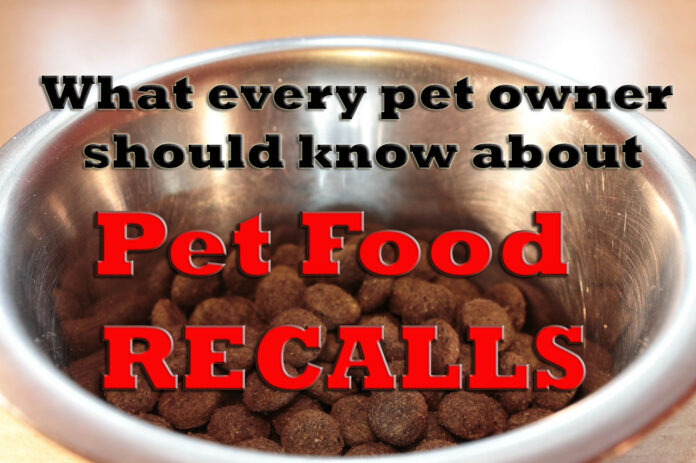Understanding Pet Food Recalls: What Pet Owners Need to Know
Recent headlines surrounding pet food recalls due to the presence of pentobarbital—a drug commonly used for euthanasia—have raised concerns among pet owners. While it’s natural to feel anxious about the safety of pet foods, it’s crucial to assess the situation before panicking or resorting to only home-cooked meals, which come with their own risks. This article delves into the nature of pet food recalls, what they signify, and how pet owners can make informed decisions.
How Common Are Pet Food Recalls?
First, it’s essential to recognize that pet food recalls are relatively rare, especially when compared to recalls of human foods, including baked goods, fruits, vegetables, and meats. The question arises: does a recall indicate poor quality?
Evaluating Safety: The Recall Factor
Many pet food ranking sites include recall history in their evaluations. However, a recall alone does not automatically imply that a product is substandard. Conversely, the absence of recalls does not guarantee quality. For instance, some products contaminated with pentobarbital were rated highly by popular yet questionable pet food rating organizations, despite a history of FDA-documented quality control issues.
The Role of the FDA in Pet Food Safety
The U.S. Food and Drug Administration (FDA) oversees the safety of both human and pet foods. There are three types of recalls: initiated by the company, requested by the FDA, or enforced by order from the FDA.
Types of Recalls
- Company-Initiated: Often initiated by manufacturers that identify issues through internal testing.
- FDA Requested: Triggered by random testing or reports of illness, where the FDA urges a company to recall its product.
- FDA Ordered: In severe cases where pets or people become ill, the FDA can compel a recall if the company fails to act.
Common Reasons for Pet Food Recalls
Understanding the reasons behind pet food recalls is crucial for pet owners. The most frequent causes include:
- Imbalances in nutrients—e.g., excessive vitamin D or insufficient thiamine (B1)
- Bacterial contamination, particularly in raw diets and treats.
- Presence of contaminants like melamine or pentobarbital.
- Foreign materials such as plastic or metal shards from equipment.
What Qualifies as a ‘Good’ vs. ‘Bad’ Recall?
Not all recalls carry the same weight. The most alarming instances involve cases that lead to illness or death. A stark example of this was the 2007 melamine contamination that resulted in widespread panic and illness among pets.
In contrast, the recent recalls for pentobarbital indicate potential lapses in manufacturer quality control, given that this concern has been recognized for over a decade.
How Responsible Companies Manage Recalls
The manner in which a company handles a recall can reveal much about its integrity. Proactive companies tend to openly communicate the issue, take responsibility, and outline steps to prevent future incidents. Alternatively, companies that deny issues or blame others may not be trustworthy.
The Impact of Routine Testing
Interestingly, some recalls may reflect high standards of quality control. Companies that routinely test their products are more likely to identify problems early, sometimes leading to self-initiated recalls before pets become sick.
Is It Wise to Avoid Companies with Recall Histories?
It may not be prudent to exclusively seek companies with no recall history. Companies that have never had recalls may not be conducting rigorous testing to identify issues. In fact, smaller manufacturers might produce food in such limited quantities that problems go unlinked to specific products.
Final Thoughts: Navigating Pet Food Recalls
If your pet food experiences a recall, it is vital to assess the situation thoroughly. Scrutinize the reasons behind the recall and evaluate the company’s response. While recalls can spark concern, the vast majority of pet foods on the market remain safe and nutritious.
By taking a proactive approach—such as directly contacting manufacturers to inquire about their quality control measures—pet owners can ensure they are making informed choices for their furry companions. For further insights on pet food recalls and safety, refer to the following resources:
Happy Feeding!
Cailin Heinze, VMD, MS, DACVN











